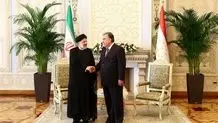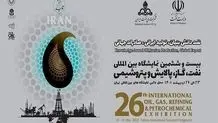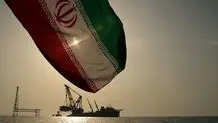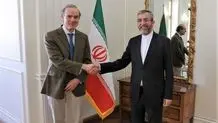Maduro:
Iran, Venezuela planning 20-year cooperation map
Referring to the brotherly ties of Tehran and Caracas, Nicolas Maduro said that Iranian and Venezuelan ministers are currently building a cooperation map and establishing plans and strategies for the next 20 years.
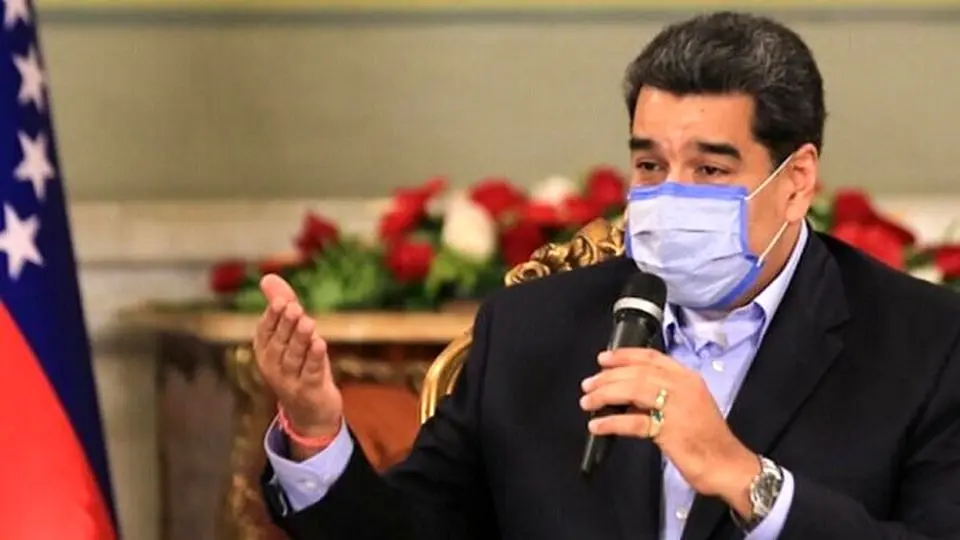
MEHR: Referring to the brotherly ties of Tehran and Caracas, Nicolas Maduro said that Iranian and Venezuelan ministers are currently building a cooperation map and establishing plans and strategies for the next 20 years.
In an interview with HispanTV, Maduro recalled that Venezuela and Iran have maintained diplomatic relations since the 1950s. However, the process of rapprochement between these countries began to accelerate and strengthen from 2001 under the impulse of Commander Hugo Chavez's presidency.
"The relationship between Venezuela and Iran is a model to follow because it expresses true solidarity, friendship, and mutual support in difficult times," he said, alluding to the US economic bullying against both peoples.
"Love and solidarity have no distance," Maduro stated, recalling that just as the revolutionaries in this region of the world admire Simon Bolivar, so do the young revolutionaries of the 1970s admire what the 1979 Iranian Islamic revolution means.
At the present time, Venezuela and Iran "have recognized each other as partners in the struggle for a better world, for a world of peace, for a world without hegemonic domination. Sharing great causes has allowed us to advance so much."
One of the clearest expressions of this brotherly relationship occurred in the first quarter of 2020 when Iran sent fuel to Venezuela, a country that was facing a pandemic amid sanctions that prevented it from buying goods and supplies to refine crude oil.
"The arrival of the Iranian oil tanker was an extraordinary event and much celebrated by the Venezuelans," Maduro said, adding, "No company dared to come to our country for fear of US persecution."
"In these circumstances, we spoke with the Iranian government and we made a short-term plan to deal with the energy emergency and another more strategic plan to be able to carry out production in the refinery of the Venezuelan company PDVSA," the Bolivarian leader revealed.
"The Iranian captains had the courage to navigate despite all the irrationality of the Empire. They showed that brothers are ready to help each other when necessary."
"Iran and Venezuela are at the forefront of the emergence of the new geopolitics. And as is often the case, whoever is at the forefront gets hit the hardest. Nevertheless, we are turning on the lights and shaping that new world."
The Venezuelan president praised Iran's ability to produce 100 percent of the food it consumes despite the fact that this country has been sanctioned by the United States for 40 years and has 70 percent of its territory in unfavorable conditions for agriculture.
"We have a lot to learn from Iran," Maduro said, adding that "Venezuela welcomes investments to establish supermarket chains that import Iranian goods."
Both countries have trade complementarities that can mutually benefit their citizens. For example, "Venezuela has the coffee Iran needs. We are going to have working groups to articulate those trade flows."
Ministers of both nations are currently building "a cooperation map" and establishing plans and strategies for the next 20 years. In this way, real links of integration are built so that "Iran and Venezuela be indestructible," Maduro stated.

